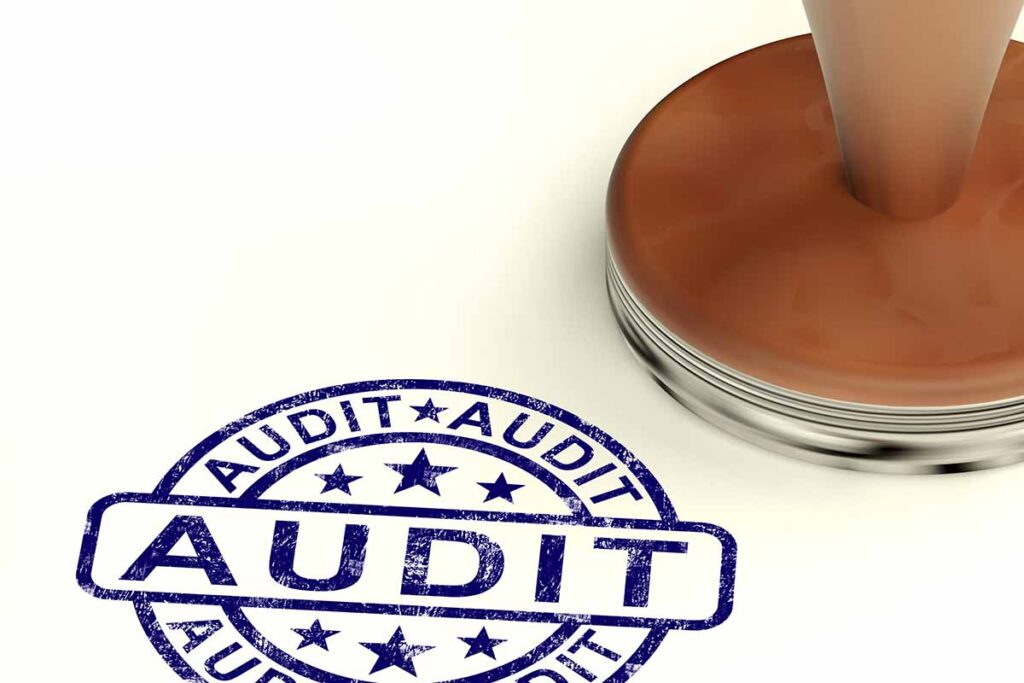The word on the street is that the IRS is in the process of adding thousands of new employees, gearing up for a massive tax enforcement push if Congress is able to pass a new infrastructure plan. Because the number of audits over the last few years has been declining, they are looking to increase compliance and enforcement in the future.
Don’t panic!
Being selected for an audit doesn’t always mean there’s a problem. The IRS uses different methods including random selection and computer screening based on statistical formulas. Depending on the complexity of your return, it may be able to be settled via mail or fax.
Be prepared!
Make sure you are keeping all records that support the numbers on your tax returns including receipts, invoices, bank statements, mileage logs, and other documentation. We recommend that you keep all supporting documents for seven years from the date that the return was filed. The IRS can normally go back three years, but if they identify an issue, they can go back an additional three years.
Ask for help!
You don’t need to handle an audit on your own. Contact your tax advisor for assistance if you receive a notice. We are happy to help you understand the potential issues and answer any questions you might have.


